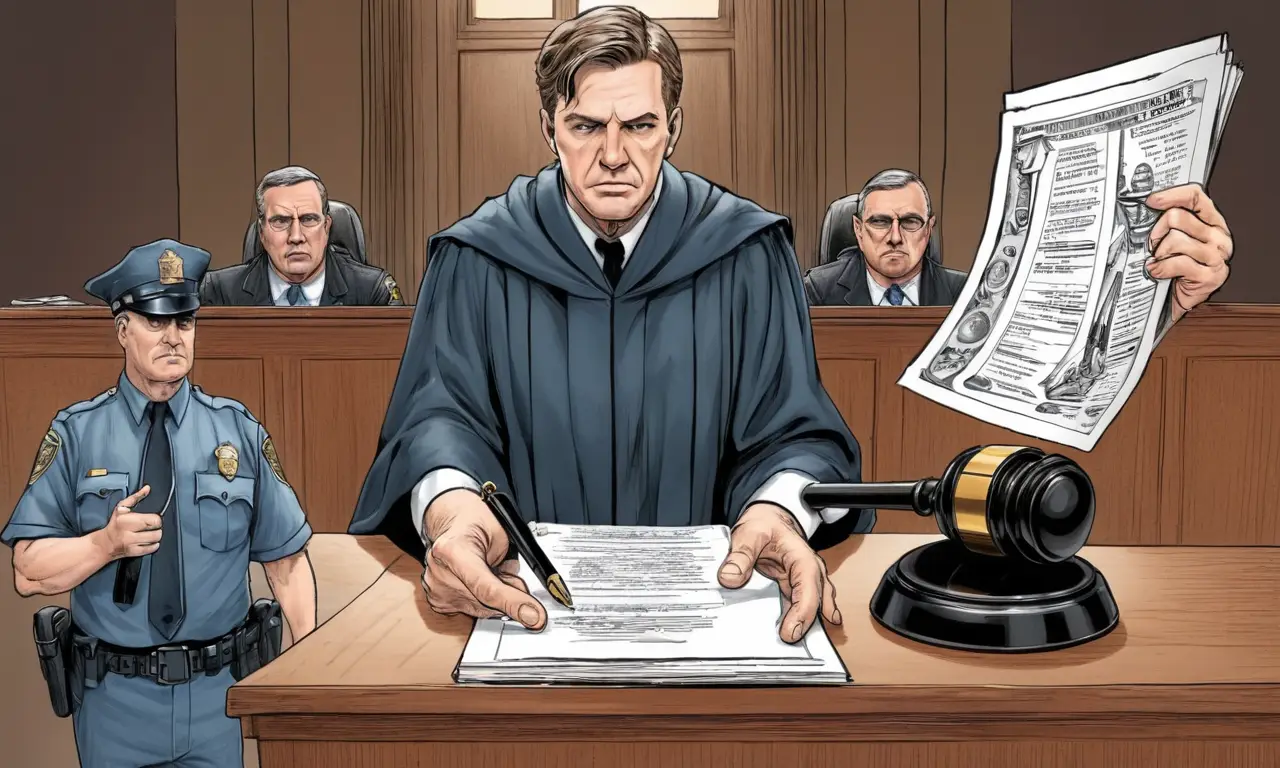Getting a traffic ticket can be frustrating, but it doesn’t have to spell disaster. While you may not always win your case outright, there are strategies you can employ to increase your chances of receiving leniency from the judge. This article will guide you through effective tactics to present a compelling case for reduced penalties or dismissal of your ticket. We’ll explore how to express remorse, highlight your clean driving record, and demonstrate responsibility to the court.
Traffic Ticket Defense Strategies
Before stepping into traffic court, it’s crucial to understand the legal landscape surrounding your specific violation. Research local traffic laws and regulations to ensure you have a clear grasp of the charges against you. Familiarize yourself with potential defenses based on the circumstances of the violation. For example, if you were ticketed for speeding due to a malfunctioning speedometer, gather evidence to support this claim. Consulting with an attorney specializing in traffic law can provide valuable insights and legal guidance tailored to your situation.
Remember, even if you believe you are innocent, presenting a respectful and well-prepared case is essential. Gather all relevant documentation, such as photos, witness statements, or repair receipts, to support your defense. Organize your evidence logically and prepare concise summaries to present to the judge.
Expressing Remorse and Accepting Fault

While it may be tempting to argue against the ticket, acknowledging fault can demonstrate sincerity and willingness to take responsibility. Express genuine remorse for your actions and emphasize that you understand the seriousness of the violation. Avoid making excuses or blaming external factors. Instead, focus on accepting accountability and demonstrating a commitment to learning from your mistake.
For example, you could say, “Your Honor, I sincerely regret my actions and understand that speeding is dangerous. I take full responsibility for exceeding the speed limit and am committed to ensuring this doesn’t happen again.” This approach shows the judge that you are taking the situation seriously and are willing to cooperate with the court.
Highlighting Your Clean Driving Record
A clean driving record can significantly influence a judge’s decision. If you have consistently adhered to traffic laws in the past, emphasize this positive aspect during your plea. Provide documentation such as your driver’s license history or insurance records to support your claim.
Highlighting your responsible driving behavior demonstrates that this violation is an isolated incident and not indicative of a pattern of reckless driving. This can help persuade the judge to consider leniency in your case.
Mitigating Circumstances

If there were extenuating circumstances surrounding the violation, present them to the court. Explain any factors that may have contributed to the offense, such as unexpected road conditions, medical emergencies, or family crises. However, avoid using mitigating circumstances as excuses. Instead, frame them as relevant context that influenced your actions.
For example, if you were speeding due to a medical emergency, explain the situation clearly and provide supporting documentation, such as a doctor’s note. Be honest and transparent with the judge while demonstrating your understanding of the seriousness of the violation.
Demonstrating Responsibility
Show the court that you are committed to preventing future violations by outlining specific steps you have taken or plan to take. This could include enrolling in a defensive driving course, installing a speed limiter on your vehicle, or seeking professional help if necessary.
Proposing community service related to traffic safety can also demonstrate your willingness to contribute positively to the community and learn from your mistake.
Conclusion
Facing a traffic ticket can be stressful, but by employing effective defense strategies, you can increase your chances of receiving leniency from the judge. Remember to express remorse, highlight your clean driving record, present mitigating circumstances, and demonstrate responsibility for your actions. By approaching the situation with respect, honesty, and preparation, you can navigate the legal process successfully and potentially avoid severe penalties.


